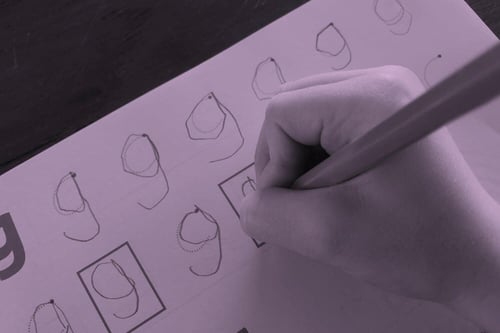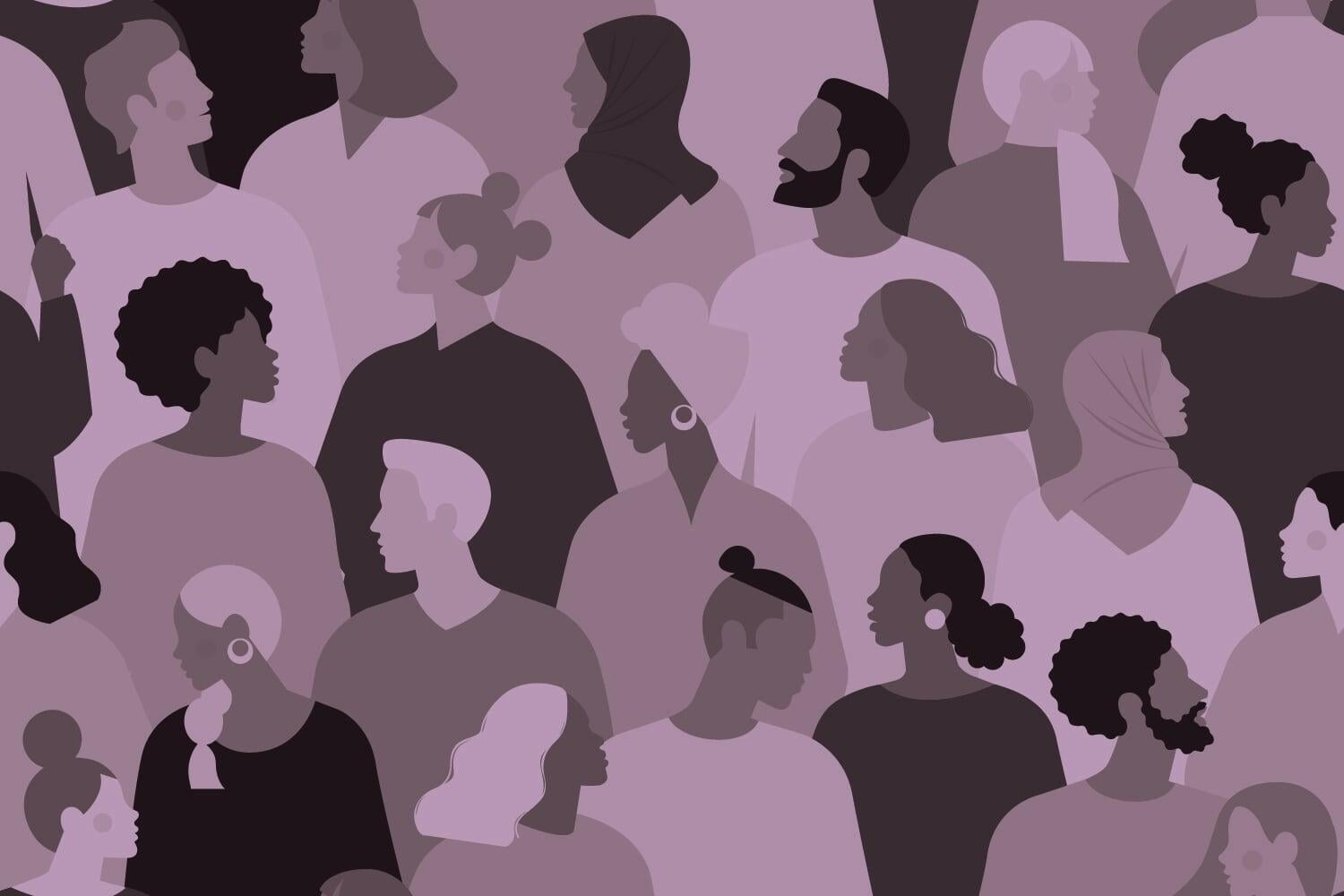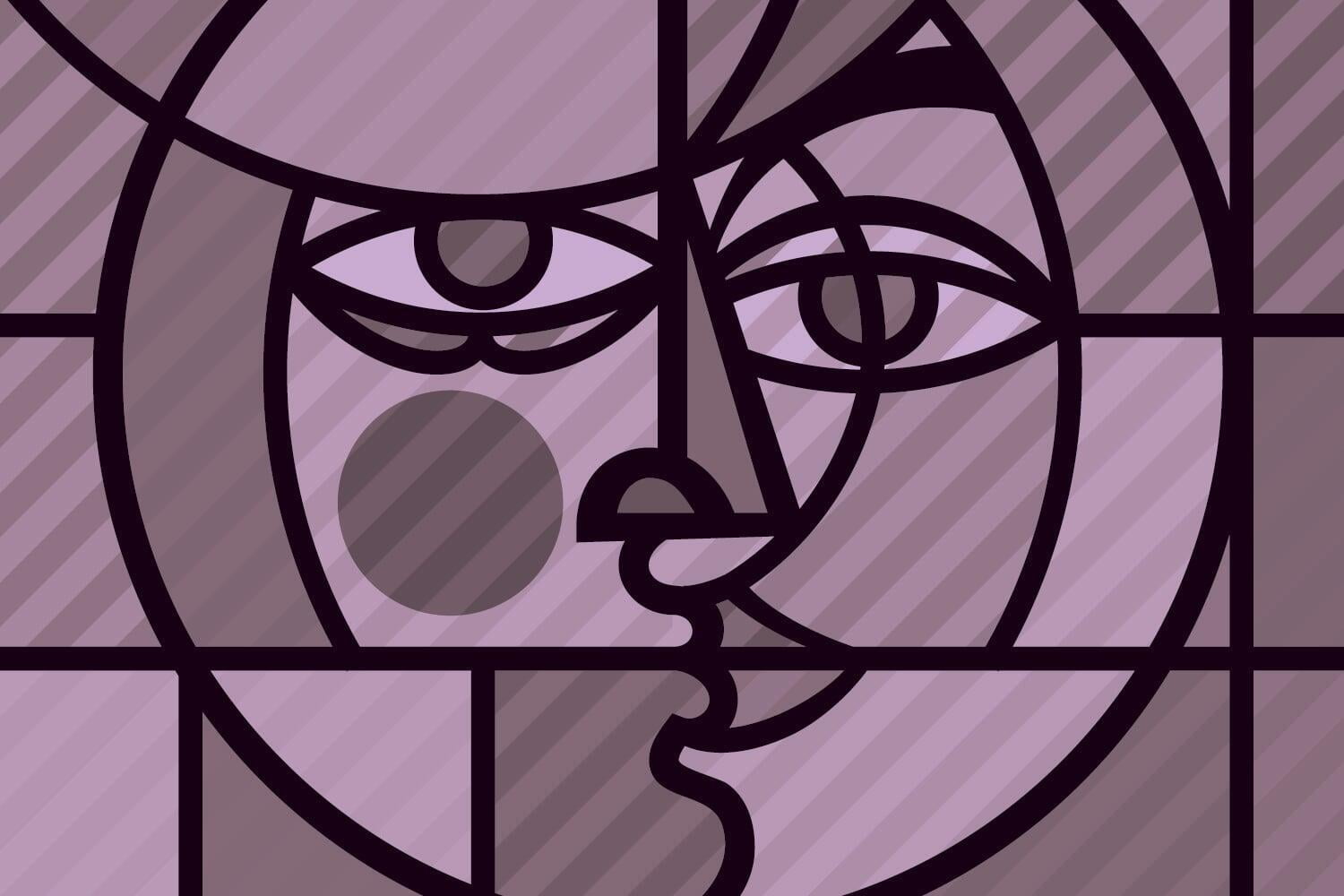The Way | Live | The Purpose of School
Realisation And Replication
The inner wrestling of realisation and replication is how emerging adults try to balance their ongoing understanding of who they might become and who they ought to be.

We believe that students learn about character through both of these sometimes competing and sometimes complementary processes of realisation and replication, and (at the same time) try to locate and express their voices in their emerging adolescence and adulthood. This is the foundation of an understanding of how we educate for character and all associated practice flows from this.
Character educators operate in a well-intentioned fashion that demonstrates both understanding about character and a desire to help students to acquire greater proficiency in its application. Nonetheless, they commonly lack a clear understanding of how character is formed and shaped in the lives of young people. They also have no real way of measuring what they see beyond a number of observational formative assessment tools, even though our research tells us that the vast majority want real and substantive measurement tools to exist. This needs to be central to the community of inquiry and practice that we construct around the character of an excellent 21C education. To help us to respond best to the vocation of a school in the context of character education, we need to adopt a shared model of character development. Our model sees character being formed within an educational process of contest that constantly negotiates the ongoing tensions about the functions of education in helping individuals to make their mark by realising aspirations towards a unique character, whilst also guiding them towards understanding their measure by replicating civic, performance, and moral norms that meet shared community expectations.
While time, place and culture may lead to differing interpretations as to the relative merit of individual expression of character and conformity to what a community expects of a person, it is clear from the range of responses in our study across many different countries and cultures that both are valid imperatives for schools when they contemplate their role in society more broadly. As we have said already, we argue that the whole work of a school is the character of its students and its expression through the myriad of learning experiences and activities that take place within them.
This dual functionality corresponds to two ontological narratives about educational purpose and practice that have been and continue to be set out across our shared educational enterprise. The first relates to the development and realisation of individual character as the purpose of the great project of education. This places emphasis on individual formation of the capacity to enact values in a person’s life within a personalised approach to education. Individuals, therefore, respond to experience, define understanding, and make choices about what they do based on their own sense of right and wrong, something that is informed by a variety of potential codes of conduct, behaviour, morality, and ethics that are formed in the crucible of the experiences of their lives. These guiding principles are not immutable and are subject just as much to the priorities that life imposes on us as they are to the natural cycles of growth and development of a person.
We see this process of personalised character formation (or ‘realisation’) as one that requires you to think about how best to become yourself. It is both a process of growth over time that is best measured through an understanding of development formative assessment, as well as a commitment to identifying yourself at key milestones in your life, best seen through the snapshot of attainment measured through summative assessment of internally assured aspirations and values. We can be challenged in this model by the desire of individuals to justify honour and duty according to self-interest and to place priority on matters based on whim or personal preference in the name of what is good.
The second approach relies much more on an approach that seeks to challenge people to meet standard expectations in relation to classical virtues such as courage, justice, honesty, compassion, self-discipline, gratitude, generosity and humility. These are seen as the essential components of good character and are supposedly best learned through a canon of scholarly knowledge and understanding about character development. Thus, the individual should become imbued with the obligation to live up to expectations that society often seems to have defined from the top down for them (and for all of us).
This more collective approach to character development (or ‘replication’) is much more about achieving an external standard by recognising the value of aspiration and providing an exemplar that helps us all to raise our overall performance as a society and the culture that incubates and perpetuates these standards. We can be challenged to avoid, in this model, merely living in the shadow of what might be seen as the average, by the weakness of character which is expressed as relative to a norm when the norm itself may be wrong or out of date, and the cultivation of a compliance mindset that allows for a bare minimum of effort and the tolerance of unoriginal, inauthentic and weak agency.
Measurement is something that the vast majority of practitioners want to be able to do in character education. They just do not have to tools to do this, nor do they have the evidence available from such tools to silence the small minority of voices of those who believe that character is an ethereal and intangible thing that cannot and even should not be measured.
When we start to think about perceptions about the aspiration and function of an education for character across our industry globally, we see these two paradigms playing out accordingly. Character as realisation is an inside-out model that seeks to actualise individual identity and potential within a social context. Typically, its flourishing is largely the consequence of leadership that empowers people to operate within and contribute to their communities as distinctive agents responding with wisdom to the data around them. While it is more difficult to master and requires higher levels of commitment to maintain, character as realisation is usually generated from within the core of a community and fed through networks of influence that help it to become germane to culture. It can, therefore, become a much more powerful vehicle for obtaining what is commonly (and sometimes erroneously) referred to as ‘buy-in’, which is of itself widely seen as the key to more effective implementation of any broad-ranging idea of potentially great impact. In other words, character as realisation requires more effort to set up as an educational practice but tends to go much further in developing the potential of individuals and communities to grow, act out, and in time improve their aspirations for what they most want for their future.
Character as replication is an outside-in model that aligns culture, ethos and practice with corporate and social expectations that have been created and handed down, usually, from ‘above’. Often the by-product of management processes that seek to gather data, measure it, and use it to conform individuals to the collective intent, as well as report out and justify the institution, it necessarily privileges the imposition of the preferred view of character, often claiming that the individual benefit will come from affinity with the group and its received wisdom. It is, perhaps, easier to set up and generally requires a lower standard of compliance to satisfy demands. The growth of individuals in this model is less important than their capacity to cross the line that means that they have satisfied minimum expectations about what they ought to do according to broader understandings about what is right. So, should the purpose of an education (and thus the collection and measurement of data) be the attainment of standards? Is it good to achieve a standard? Is it right to subordinate the individual to the collective? Is it better to replicate than to realise?
In the practice of character education, such a simple bicameral or even polemical construct as character being formed by realisation versus replication of course, does not reflect the reality. There are some schools around the world that insist on one approach over the other. Some more alternative schools have long sought for individual models of growth and development of what might be called character, while other more regimented schools have seen the accumulation and enacting of very specific knowledge as bringing power to individuals.
In our work, however, we have seen example after example of schools where individuals tended to one theory or the other, and where practitioners, leaders, governors, and stakeholders of all types expressed a singularity of views on this matter. Yet none were particularly convincing about their desire to preference one over the other and, as we shall see from the data subsequently, none captured the majority of the sentiment of stakeholders we heard from in our research studies.
In reality, most schools fall somewhere in between the poles of realisation and replication. Most schools seek to process data and to build individual identity through the exercise of free will within a personalised education in a world that also values and privileges the attainment of generalised and even generic standards that emphasise standardisation, imitation and even obedience. The relationship between replication and realisation as dominant models for the formation of character would seem to be symbiotic. Like Jacob wrestling with the angel, it can be hard to see at times what is happening and why, but all seem to be convinced that what is being done is, for the most part, at least intended to be for both the individual’s benefit and the greater good.
In many ways, what we see emerging in character education practice is similar to what John Hattie and his teams have been observing for years now in the Visible Learning research – the differences within schools with respect to philosophy and approach to character education is much greater, on the whole, than the differences between schools. By and large, there is a striking homogeneity in practice across schools we have seen internationally when it comes to the purpose, nature and infrastructure of character education. Most schools see students experience a whole variety of approaches that require them to learn in different ways about their character and how it might be applied. From classroom to classroom and from teacher to teacher, there is a spectrum of methodologies that exists with respect to both realisation and replication.
As we will see shortly, this homogeneity flows through the practice of most teachers in the schools with whom we have worked. Current practice reflects a shared intention to build character, although a large strain of nervousness about the teaching of moral character exists in some schools. Practice emphasises individual and often unplanned pedagogy over deliberate and collaborative practice. We see many of the same ways of learning take place, largely without the existence of a community of practice and shared approaches to feedback for both students and staff that would inevitably strengthen what does exist and, therefore, the capacity of schools to deliver better holistic and specific educational outcomes to more students.
We have seen very little evidence of confidence in our profession as to how we might best measure those things which needed to be measured in order to help us to know what character is being developed and how our work might be assessed for its effect. Measurement is, as we will see and perhaps surprisingly, something that the vast majority of practitioners want to be able to do in character education. They just do not have to tools to do this, nor do they have the evidence available from such tools to silence the small minority of voices of those who believe that character is an ethereal and intangible thing that cannot and even should not be measured.
This led us to commit to working on such measurements, in particular, so as we began our study of schools and character education, our early work helped us to form five observations that have continued to influence our thinking:
- The measurement of educational data and the development of character should go hand in hand.
- The same data can serve the development of an understanding of character formation within paradigms related to both personalisation/realisation and standardisation/replication in education.
- Measurement of data needs to enhance both theories of character education as realisation and replication.
- Standardised benchmarks can act as both an incentive and a straitjacket for developing individuals, groups and the programs that are intended to educate them for character.
- Data and its implications live most powerfully through the symbols and stories that are woven through character education.






